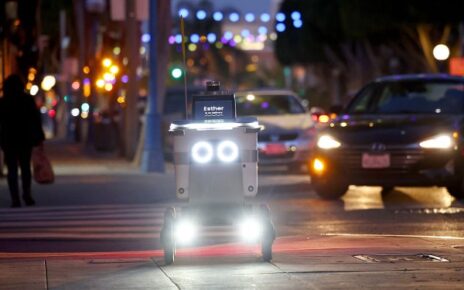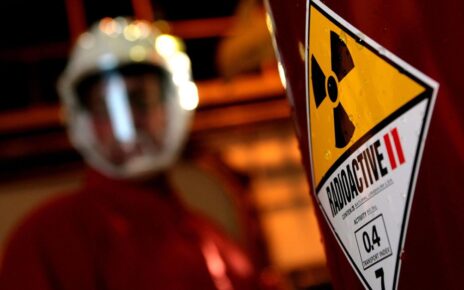Automation has been a topic of discussion for quite some time now, and one of the most pressing concerns is its impact on human jobs. With the increasing use of robotics and artificial intelligence (AI) in various industries, many people are worried about the potential displacement of workers.
The Debate Around Automation
While there are different opinions on the subject, one thing that everyone seems to agree on is that automation will have a significant impact on human jobs going forward. At Amazon’s recent "Delivering the Future" event in a fulfillment center south of Seattle, the company announced its partnership with MIT and Ipsos research firm to study how these systems will affect work.
Why Is This Study Important for Amazon?
The subject is crucial for Amazon as it is not only a massive employer but also a pioneer in deploying robotics in its fulfillment centers. The direct impact of robots on human workers has been the subject of debate ever since their introduction. Amazon argues that machines have removed physical labor burdens from human employees, while critics suggest that they make jobs more robotic and potentially lead to job displacement.
The Study’s Focus
The study seems less concerned with actual job numbers and more focused on how human employees and the public will perceive the inevitable increase of robotics and AI in warehouses, manufacturing facilities, and other industrial settings. Amazon Robotics’ Chief Technologist Tye Brady addressed the question of job numbers ahead of today’s event:
"We have more than 750,000 mobile robots in our operations and thousands of other robotic systems that help move, sort, identify, and package customer orders. It’s taken us more than 10 years to reach this scale. During that time, Amazon has hired hundreds of thousands of employees to work in our operations. We take a purpose-driven approach to how we design and deploy technology at our facilities and consistently prioritize using robots to support safety and ease everyday tasks for our employees."
Key Aspects of Robotic Developments
The study will be applied to key facets of robotic developments, including the discipline of human-robot interaction (HRI). HRI is a field that focuses on understanding how humans interact with robots. According to MIT’s Julie Shah:
"The key to effective teamwork is building a shared understanding of what our partners will do and what they will need to be successful."
The study aims to develop robots that are active collaborators in helping humans learn about their capabilities, limitations, and behaviors.
The Importance of Human-Robot Interaction
Human-robot interaction is crucial for optimizing human-robot team performance. By developing robots that can collaborate with humans effectively, we can improve the overall efficiency and productivity of workplaces.
Addressing Job Displacement Concerns
While automation may displace some jobs, it also creates new ones. Amazon’s experience shows that as they deploy more robotics in their fulfillment centers, they are able to hire hundreds of thousands of employees to work alongside these machines.
Upskilling Humans for a Robotized Workplace
The study is not just about job displacement but also about how humans can adapt to working with robots. By developing skills that complement robotic capabilities, we can create a more efficient and productive workforce.
Conclusion
Automation will undoubtedly have a significant impact on human jobs going forward. However, by studying the effects of these systems and understanding how humans interact with them, we can mitigate potential negative consequences and create new opportunities for growth and development.



